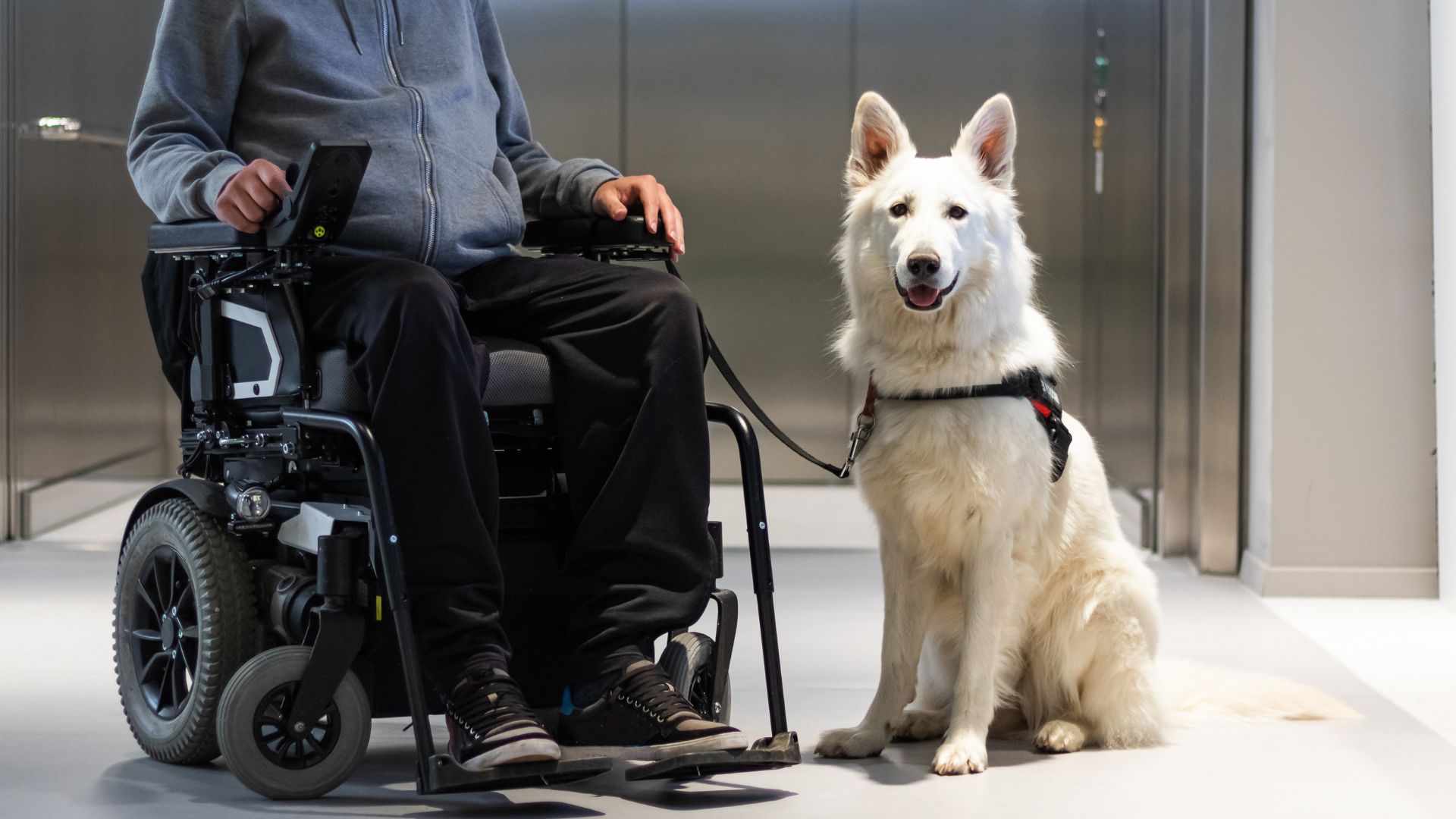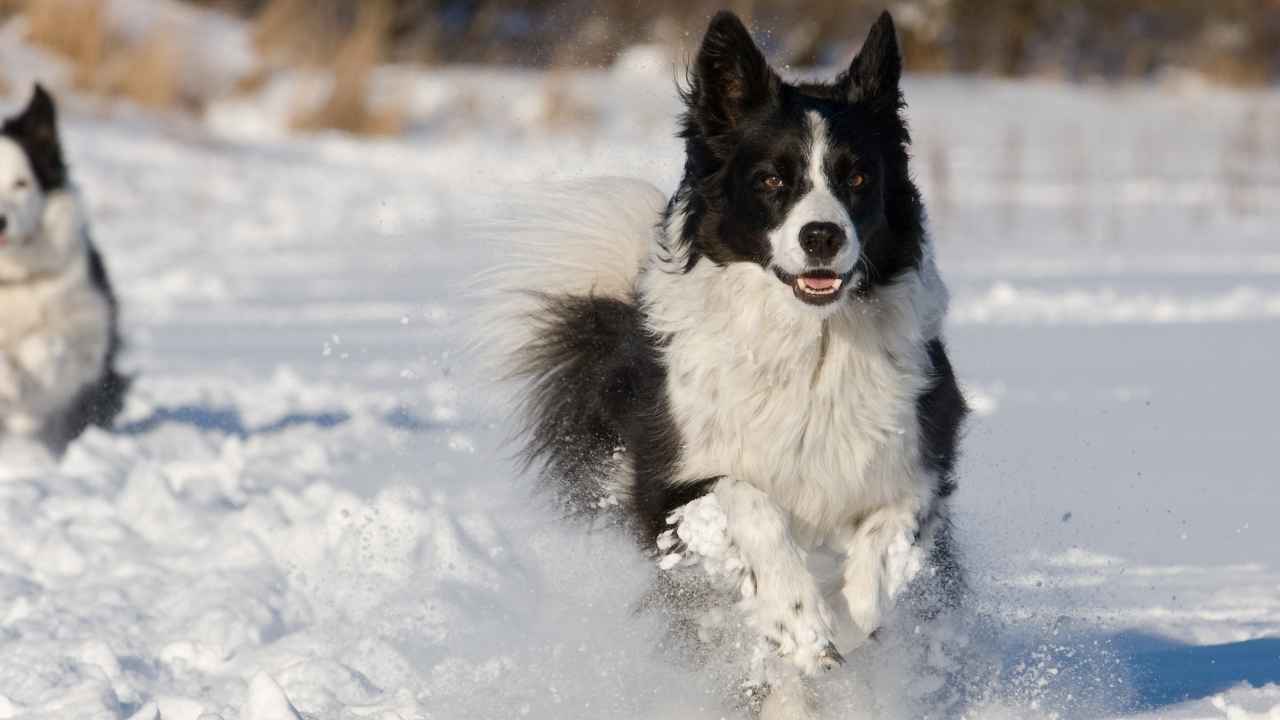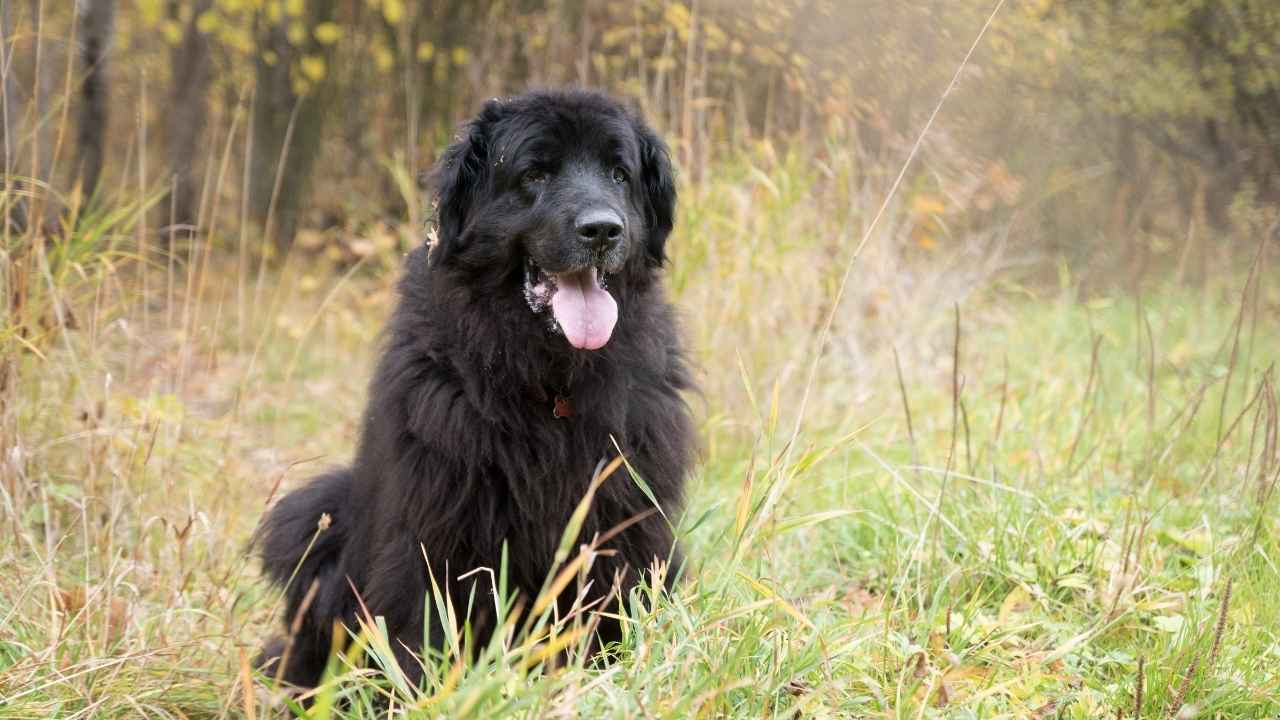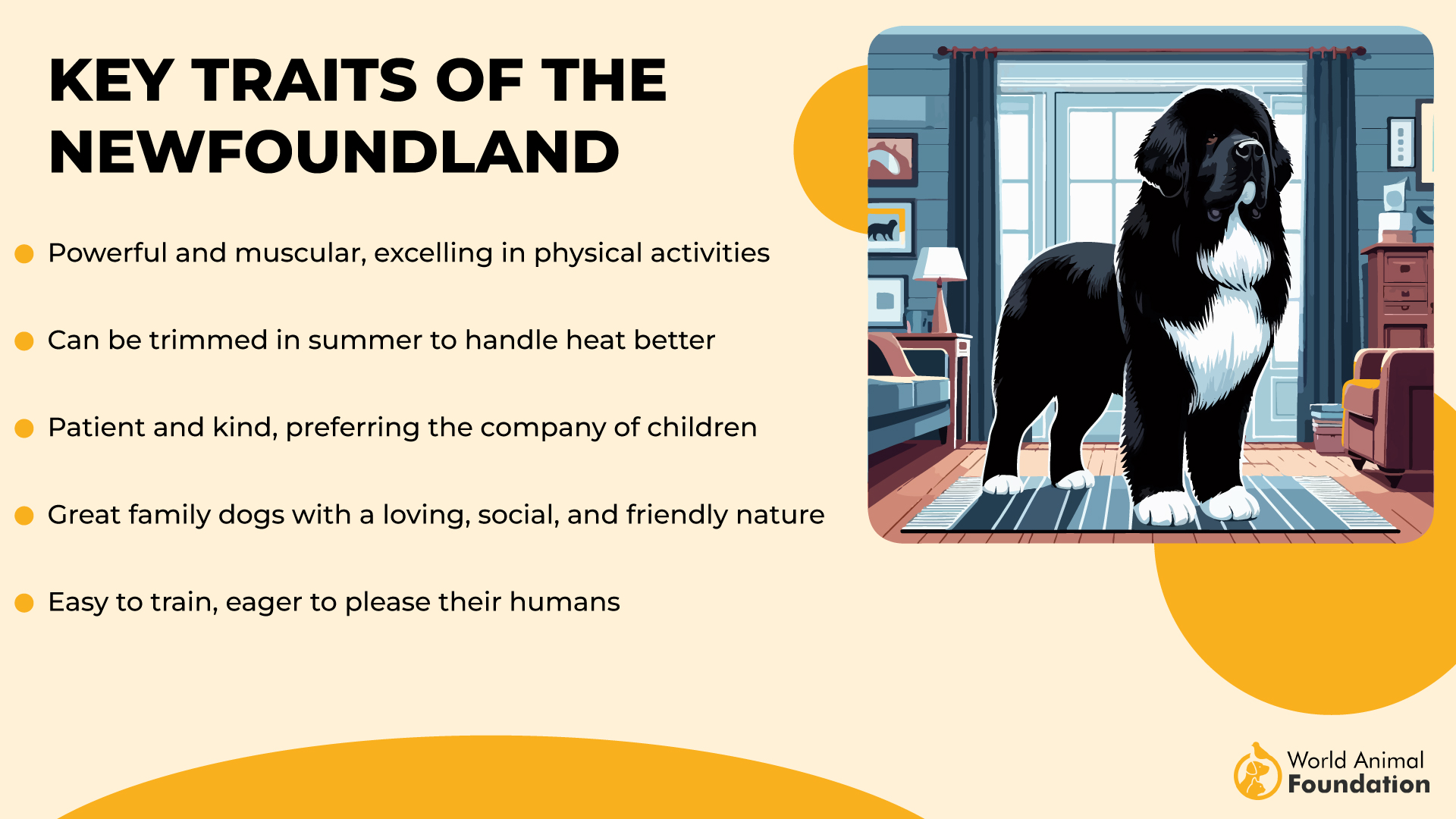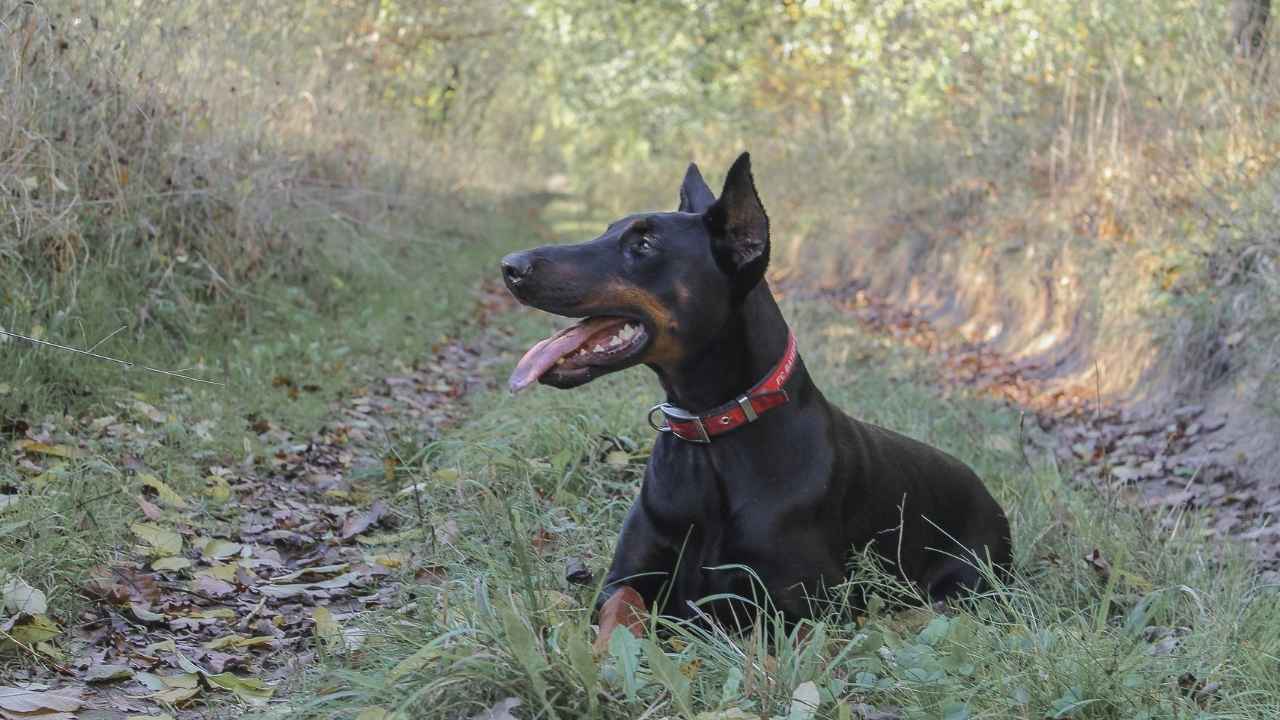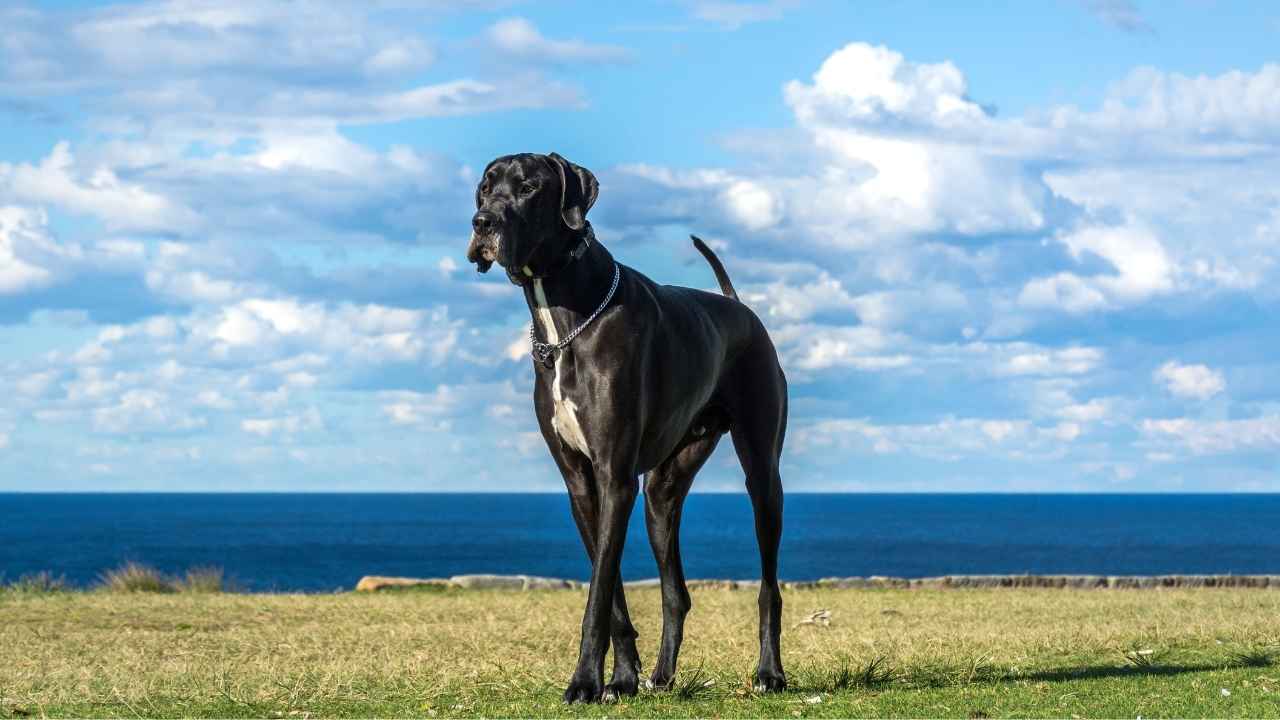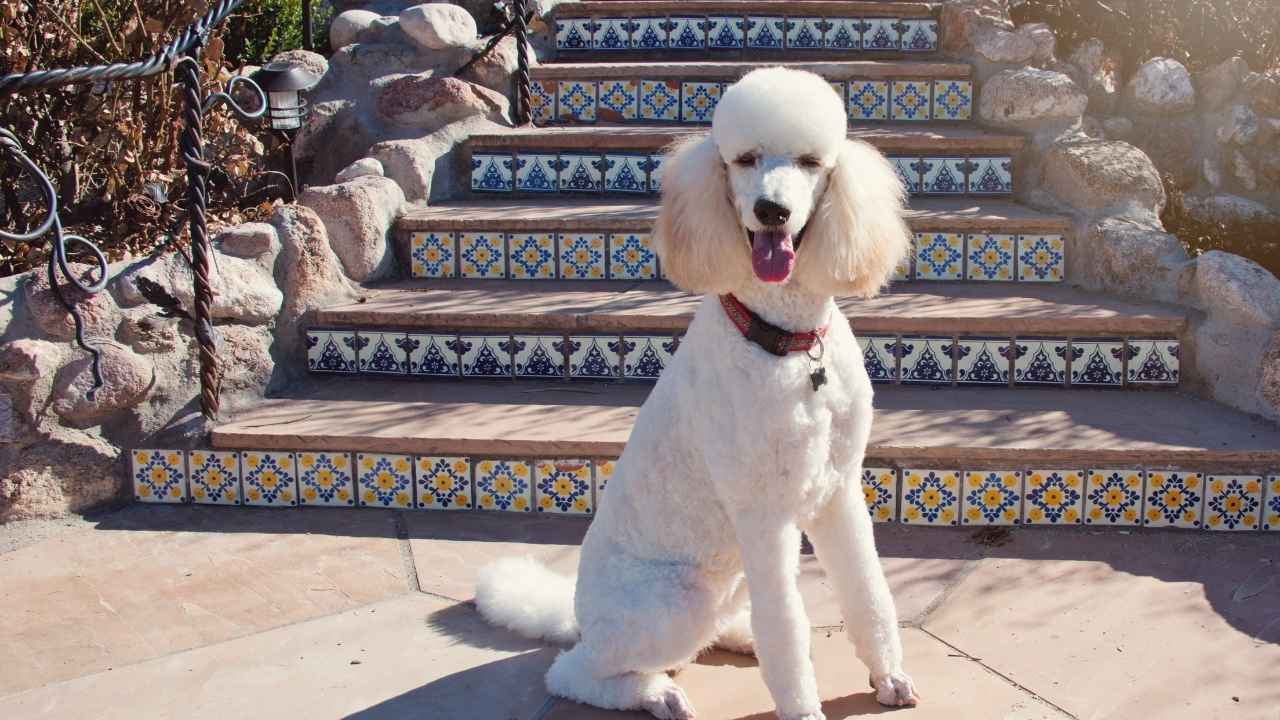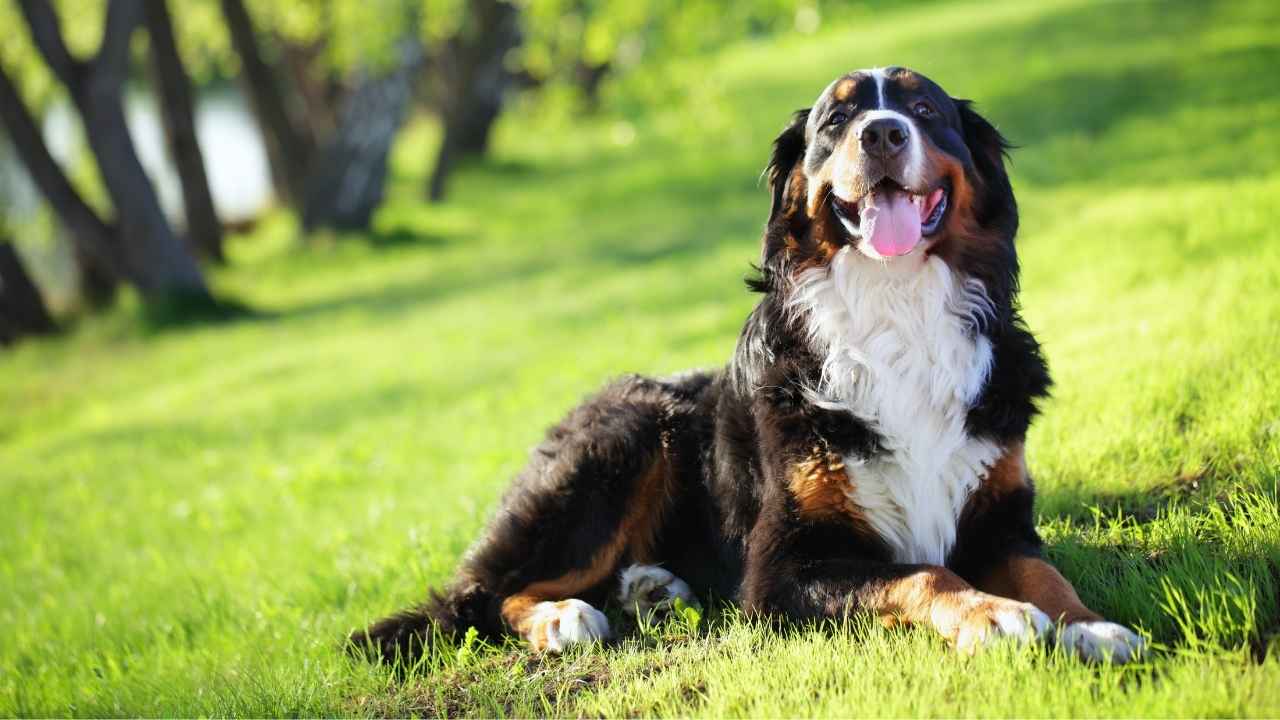Choosing the right guard dog can be a pivotal decision for individuals with disabilities, offering not only companionship but also an added layer of security and assistance. The unique blend of loyalty, intelligence, and protective instincts in certain breeds makes them ideal partners for enhancing both safety and independence. In this exploration of seven remarkable guard dog breeds, we delve into those specifically suited to support and safeguard people with disabilities, highlighting their unique qualities and training capabilities that transform them into diligent protectors and cherished companions. Discover how these incredible dogs can make a significant impact in the lives of their owners.
Having a dog by your side can provide security, companionship, and assistance, especially for individuals with disabilities. The right service dog can offer emotional support and perform complex tasks that aid daily living.
Certain breeds are particularly well suited for this role, combining loyalty, intelligence, and protective instincts. In this guide, we’ll explore seven of the best guard dog breeds for people with disabilities, each bringing unique characteristics that make them great companions for disabled people.
Best Guard Dog Breeds for People with Disabilities
1. Border Collie
According to AKC, Border Collies are renowned for their exceptional intelligence and trainability, making them ideal for service dog tasks. These dogs can quickly learn complex tasks such as retrieving items, opening doors, and providing balance support for individuals with mobility challenges. Their high intelligence and eagerness to please make them incredibly reliable for people who require help with daily activities.
Despite their high energy, Border Collies are versatile and can focus on performing specific tasks, such as guiding or assisting with physical support. Their work ethic ensures that they are always ready to assist with tasks that help individuals navigate their environment safely.
For those needing help with mobility, Border Collies can assist by retrieving dropped items or opening cabinets, allowing their owners to maintain independence. Their intelligence makes them an excellent choice for individuals who require a service dog capable of handling complex and varied tasks.
|
Highly intelligent: Quick learners who excel at retrieving objects and guiding. |
|
Loyal and protective: They are committed to providing physical and emotional support. |
|
Energetic and adaptable: Though active, they excel at focused tasks like retrieving and alerting. |
2. Newfoundland
Newfoundlands are gentle giants, known for their calm and patient nature. These dogs can help with mobility support by assisting with balance and stability when walking. They can also help with retrieving dropped items and even pulling carts or wheelchairs for individuals with physical disabilities, making them an excellent choice for those who need physical assistance.
Their affectionate demeanor makes them ideal emotional support animals, providing comfort and reassurance to individuals with disabilities. Newfoundlands are incredibly patient and form strong bonds with their owners, offering emotional stability during stressful times.
In addition to their emotional support, Newfoundlands can also act as family guard dogs, offering protection to their owners. Their size and strength ensure they can guard their family and home, providing both security and comfort for people with disabilities.
|
Gentle and affectionate: Their calm demeanor offers emotional support and comfort. |
|
Calm and steady: Perfect for assisting with mobility support or pulling carts. |
|
Natural protectors: They are reliable guardians, offering protection and stability. |
3. Doberman Pinscher
The Doberman Pinscher is a highly intelligent breed, perfect for those who need protection and mobility assistance. They are capable of performing a variety of tasks, including alerting to seizures, retrieving medication, and providing balance support. Their natural protective instincts make them excellent service dogs for individuals who require both security and assistance.
Dobermans are incredibly trainable and quick to learn new tasks, making them ideal for people who need a dog capable of performing complex tasks. They can also be trained to alert to specific sounds, such as doorbells or alarms, helping individuals with hearing impairments navigate their environment.
Beyond physical tasks, Dobermans provide emotional support, ensuring their owners feel safe and secure. Their vigilant nature means they are always on guard, providing both emotional and physical assistance to their owners, as stated by Britannica.
|
Highly trainable: Capable of performing complex tasks like retrieving medications and alerting to seizures. |
|
Loyal and protective: Excellent for guard work and offering emotional reassurance. |
|
Alert and vigilant: Ideal for alerting to potential dangers, and ensuring safety for their owners. |
4. Great Dane
Great Danes may be intimidating in size, but they are gentle giants with a calm demeanor, making them excellent companions for individuals with disabilities. Their immense size allows them to provide balanced support and assist with mobility, helping individuals get up from a seated position or provide support while walking.
Despite their size, Great Danes are incredibly affectionate and serve as emotional support animals. Their presence brings comfort and security to individuals who need reassurance, especially those with emotional or psychiatric challenges.
Great Danes can also act as family guard dogs, using their protective instincts to keep their owners safe. Whether it’s offering physical support or providing a steady and reliable companion, Great Danes is an excellent choice for individuals who need both assistance and security.
|
Calm and loving: Great Danes offer emotional support with their gentle nature. |
|
Protective instincts: Their size and presence act as a deterrent to potential threats. |
|
Reliable and steady: They assist with mobility and physical support, making them dependable companions. |
5. Standard Poodle
The Standard Poodle is one of the most intelligent breeds, making it an excellent choice for service work. Poodles excel at performing complex tasks such as retrieving medication, alerting to seizures, and providing balance support. Their trainability ensures that they can be taught to assist with specific daily activities, making them an ideal companion for people with disabilities.
In addition to their intelligence, Standard Poodles are known for their affectionate and friendly demeanor, making them great emotional support animals. They form strong bonds with their owners and provide comfort and security, particularly for individuals with anxiety or emotional disorders.
The hypoallergenic nature of Poodles ensures they are a great option for individuals with allergies who still need a service dog. Their versatility makes them a reliable companion for people requiring assistance with both physical tasks and emotional support.
|
Highly intelligent: Excellent for service dog training, including retrieving and guiding. |
|
Affectionate and loyal: Their friendly nature ensures they provide emotional support. |
|
Hypoallergenic: Ideal for people with allergies who require a service dog. |
6. Bernese Mountain Dog
The Bernese Mountain Dog is known for its gentle nature and protective instincts, making it an excellent choice for individuals with disabilities. These dogs can assist with retrieving items, providing mobility support, and offering balance during daily activities, ensuring that their owners have the stability they need.
Their calm demeanor also makes them ideal emotional support animals, as they provide comfort and reassurance. Bernese Mountain Dogs are patient, affectionate, and reliable, offering emotional support to individuals facing challenges, whether physical or psychological.
Beyond emotional support, Bernese Mountain Dogs are also protective by nature, making them great family guard dogs. Purina states that they offer both physical and emotional support, helping to ensure their owners feel safe and secure in any situation.
|
Gentle and affectionate: Perfect for emotional support and companionship. |
|
Protective instincts: Great for guarding and providing a sense of security. |
|
Strong and steady: They assist with mobility support and offer physical stability. |
7. Boxer
Boxers are known for their playful nature and loyalty, making them ideal companions for individuals with disabilities. They can assist with alerting to sounds such as doorbells, alarms, or medical alerts, helping individuals with hearing impairments. Their energy and enthusiasm make them great for individuals who need a dog that’s active but also reliable.
Boxers are also great at providing balance support and helping individuals with mobility challenges. Whether it’s retrieving dropped items or offering stability when walking, Boxers can be trained to assist with various tasks, making them a highly versatile service dog.
Despite their playful personality, Boxers are incredibly protective, ensuring that their owners are safe from harm. Their ability to form strong bonds and offer emotional support makes them an excellent fit for families or individuals needing both protection and comfort.
|
Loyal and affectionate: Boxers provide emotional support and build strong bonds with their owners. |
|
Protective instincts: Great for guarding and ensuring the safety of their owners. |
|
Versatile and trainable: Capable of alerting to sounds, retrieving items, and assisting with mobility. |
Conclusion
Choosing the right service dog breeds is essential for enhancing the quality of life for individuals with disabilities. These seven breeds offer a mix of intelligence, loyalty, and protective instincts, making them ideal companions for those who need emotional support, mobility assistance, or a family guard dog.
Other dog breeds like German Shepherds and Golden Retrievers can be properly trained to become the best service dogs for various needs. Whether it’s mobility assistance dogs, emotional support animals, or service animals performing complex tasks, these breeds are capable of making a real difference.
By understanding how each breed can assist with practical tasks—whether it’s providing balance, retrieving items, or offering emotional reassurance—individuals with disabilities can make an informed choice about which breed best suits their needs. Proper training is key to ensuring these dogs are equipped to perform vital tasks, and with the right guidance, they can transform lives and provide a sense of security and independence for their owners.
In conclusion, selecting the right guard dog breed can greatly enhance the quality of life for individuals with disabilities, providing both companionship and protection. These breeds, known for their intelligence, loyalty, and instinct to guard, offer invaluable support and security. Each breed has unique qualities that cater to varying needs, whether it’s mobility assistance, protection from threats, or emotional support. Proper training and socialization are crucial to maximize their capabilities. By choosing a suitable guard dog, individuals with disabilities can experience increased independence and peace of mind, fostering a more inclusive and safe environment.

